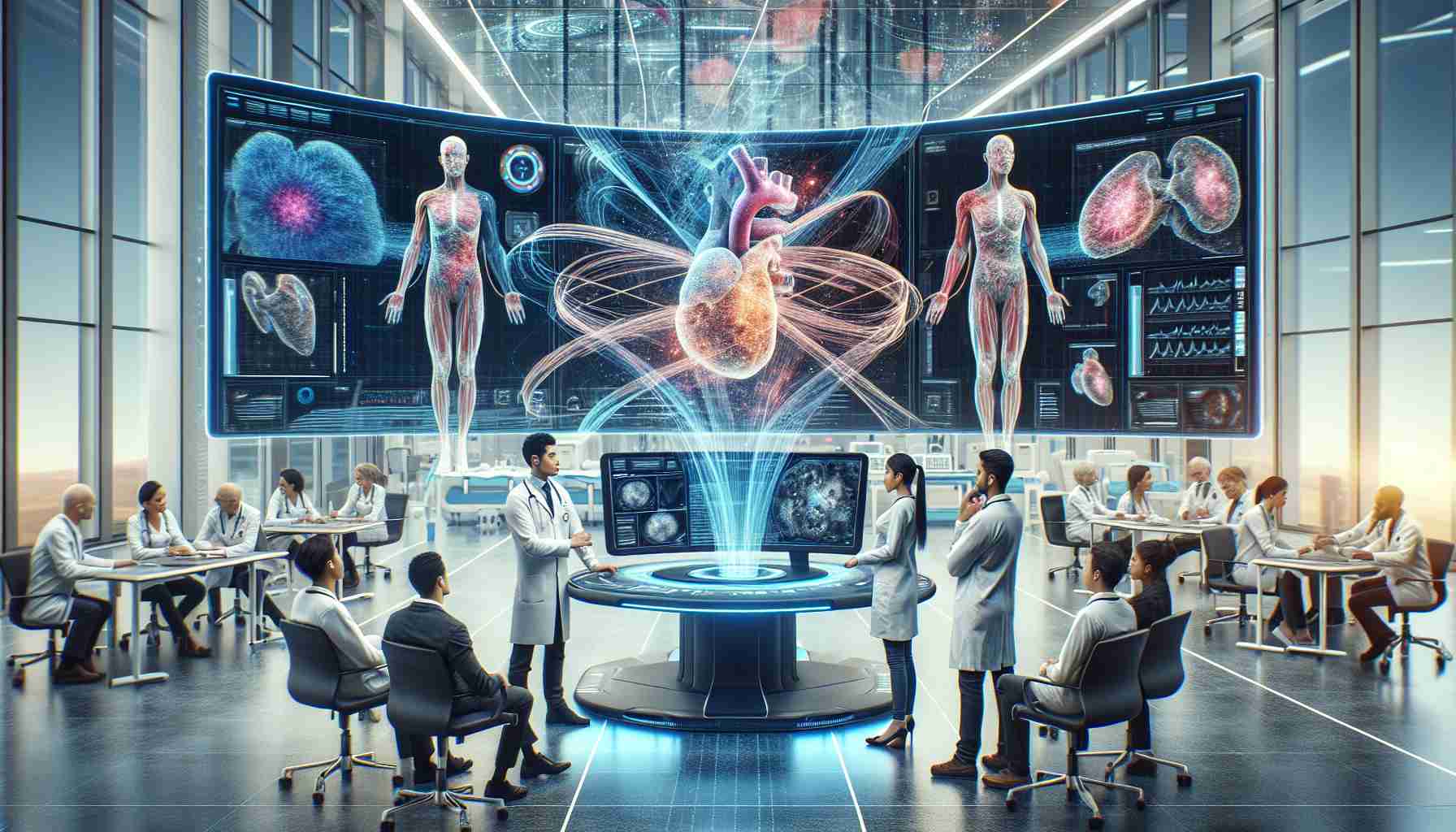AI is significantly enhancing the capabilities of healthcare professionals in diagnosing and treating cancer. Using machine learning algorithms, vast amounts of medical data, including scan and X-ray images, can now be analyzed to spot early signs of cancer with exceptional accuracy. These AI-based imaging algorithms are capable of identifying abnormalities in medical images that might be missed by the human eye, leading to a more rapid and accurate diagnosis. In 2023, France reported that cancer has led to the demise of 157,400 individuals.
When it comes to treatment, AI tailors therapy by examining the molecular and genetic makeup of tumors, informing physicians on the most effective treatments for each patient and minimizing unwanted side effects. AI also plays a crucial role in cancer risk prediction by analyzing various factors such as genetics, environmental exposure, and lifestyle. Predictive models foster early intervention and prevention strategies like regular screenings and lifestyle modifications for high-risk individuals.
In cancer research, AI is streamlining the analysis of complex data sets from multiple sources. This automation aids in the rapid detection of patterns that may not be readily apparent to human researchers, expediting the discovery of novel drugs, targeted therapies, and biomarkers that potentiate improved outcomes for cancer patients.
When discussing the revolutionization of cancer diagnosis and treatment with artificial intelligence (AI), several key questions arise:
1. How accurate are AI systems compared to traditional methods of diagnosis?
2. Can AI assist in personalized cancer treatment plans?
3. What are the ethical considerations and potential biases in AI-driven cancer care?
Answers to these questions reflect the potential and challenges of AI in oncology:
1. AI systems have demonstrated high accuracy levels, often exceeding those of human clinicians in specific tasks such as image recognition and pattern detection. Research shows that machine learning algorithms can detect cancerous tissues on mammograms with a high degree of precision.
2. AI can significantly advance personalized medicine by analyzing the genetic makeup of individual tumors, leading to customized treatment plans that improve patient outcomes and reduce side effects.
3. Ethical considerations include ensuring patient privacy, obtaining informed consent for data usage, and addressing the possibility of algorithmic biases that might affect certain populations disproportionately.
Key challenges and controversies associated:
– Data Privacy and Security: The use of AI involves handling sensitive patient information, and there is an ongoing debate regarding the security measures and regulations needed to protect this data.
– Algorithmic Bias: If the data used to train AI algorithms is not representative of all populations, there is a risk of bias, which could lead to disparities in diagnosis and treatment.
– Responsibility and Accountability: Determining accountability for AI-driven decisions can be complex, especially when AI systems work autonomously or provide recommendations for diagnoses and treatments.
– Integration into Clinical Practice: Integrating AI into existing healthcare systems poses logistical challenges and requires acceptance from healthcare professionals.
The advantages of using AI in cancer care include:
– Early and Accurate Diagnosis: AI can process and analyze medical imaging faster and with more precision than humans, leading to earlier detection of cancer, which is crucial for successful treatment.
– Personalized Treatment: By analyzing the genetic markers in cancer cells, AI can help develop personalized treatment regimens, thereby enhancing the effectiveness of therapies.
– Improved Research: AI can rapidly process vast datasets, accelerating cancer research and the development of new treatments and drugs.
The disadvantages might be seen as:
– High Costs: Developing and implementing AI technology can be expensive, which may limit access to these advancements in lower-resource settings.
– Lack of Trust: Patients and healthcare professionals may be skeptical of AI-driven solutions, which can slow adoption rates and utilization.
– Complexity and Maintenance: AI systems are complex to develop and maintain, requiring continuous updates and monitoring to ensure accuracy and reliability.
For the latest information on how AI is transforming the field of cancer diagnosis and treatment, looking for legitimate sources for further exploration is recommended. One could visit the websites of leading cancer research institutes or organizations like the National Cancer Institute (USA) at cancer.gov or the World Health Organization at who.int. These organizations often provide comprehensive information and updates on the impact AI is having on the domain of cancer care.

